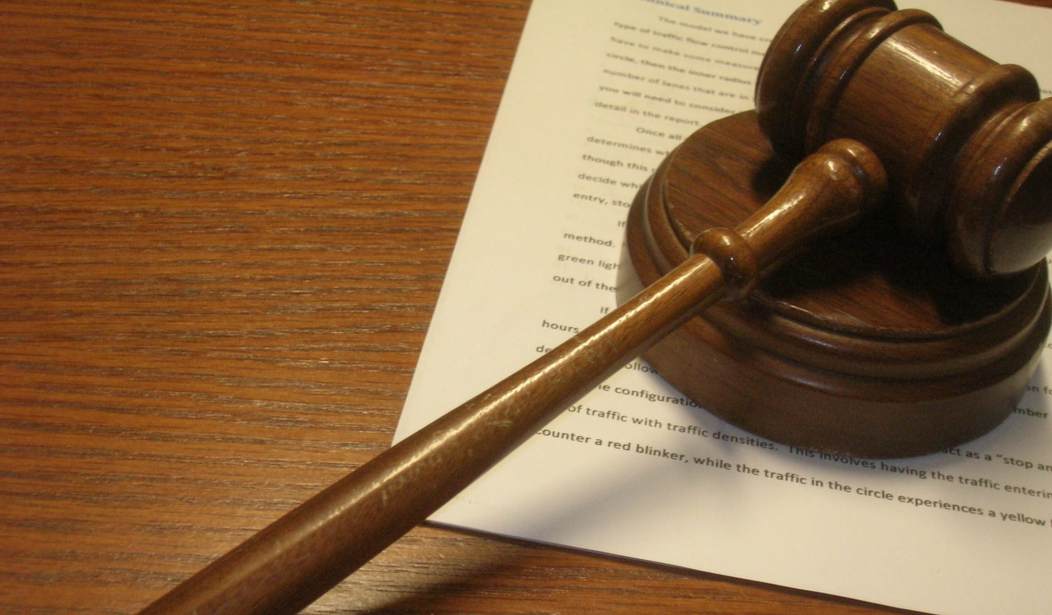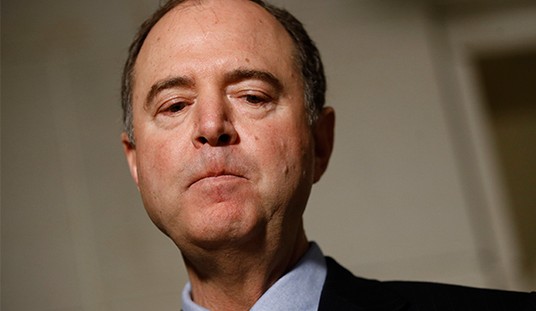Colleges are supposed to be places of learning. However, many argue they’ve become liberal indoctrination centers, dedicated to churning out legions of progressive zombies who can parrot the Democratic Party’s platform verbatim — yet can’t actually do anything useful to support themselves, or society.
Liberals, unsurprisingly, deny this.
However, there appears to be a movement afoot on college campuses that should alarm liberals, conservatives, and libertarians alike.
By now, most readers of this site are bound to be familiar with the persecution of men suspected of sexual assault on campuses throughout the nation. And yes, using “persecution” rather than “prosecution” is intentional. Prosecution implies they will be put through the unalienable rights-based American legal system. That isn’t true anymore.
As your kids head off to school, they should be aware that sexual assault isn’t the only situation where college officials now figure silly things like due process should be completely ignored:
The University of California-San Diego routinely hides the identity of witnesses that could help students accused of wrongdoing exonerate themselves, departing from its own rules on who is “relevant” to an investigation.
This policy, which has been applied against accused students for at least the past five years, was not publicly known until 11 months ago. A state appeals court fleshed out its existence in a due-process lawsuit against the school by a student who was found responsible for cheating and expelled.
That court struck down UCSD’s ruling against Jonathan Dorfman, saying it had no legal reason to withhold the identity of “Student X” — whose test answers Dorfman allegedly copied — from him.
The claim that Dorfman copied answers from “Student X” would assume the two sit near one another. However, without knowing the identity of the student, Dorfman can’t establish whether he was sitting near “Student X” on the day of the exam or not.
So how did they “prove” his guilt?
The case against Dorfman boils down to his professor’s suspicion — triggered by the wrong “exam version letter” — that his answers on a chemistry midterm were too similar to those of Student X.
As summarized in the appellate ruling Sept. 16, the professor asked a colleague at a different school what the likelihood was of both tests coincidentally having “eight wrong matching answers,” and was told “a billion to one.”
Basically, a professor found it unlikely that two students could have eight wrong answers in common, so he accused Dorfman of cheating.
Then, in complete disregard for due process, UCSD hid the identity of someone who could possibly prove Dorfman innocent.
Why? Really — why would a university do this?
U.S. universities have gotten away with behaving as if they aren’t on U.S. soil for a long time. It’s well past time that the public put their feet to the fire, and forced these power-hungry administrators to remember they aren’t self-governing states.









Join the conversation as a VIP Member